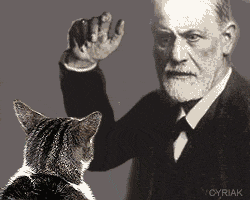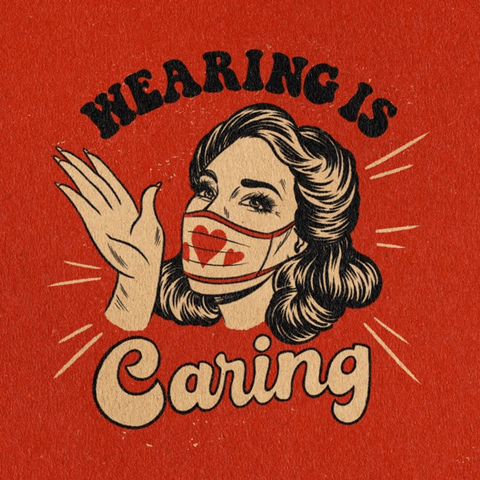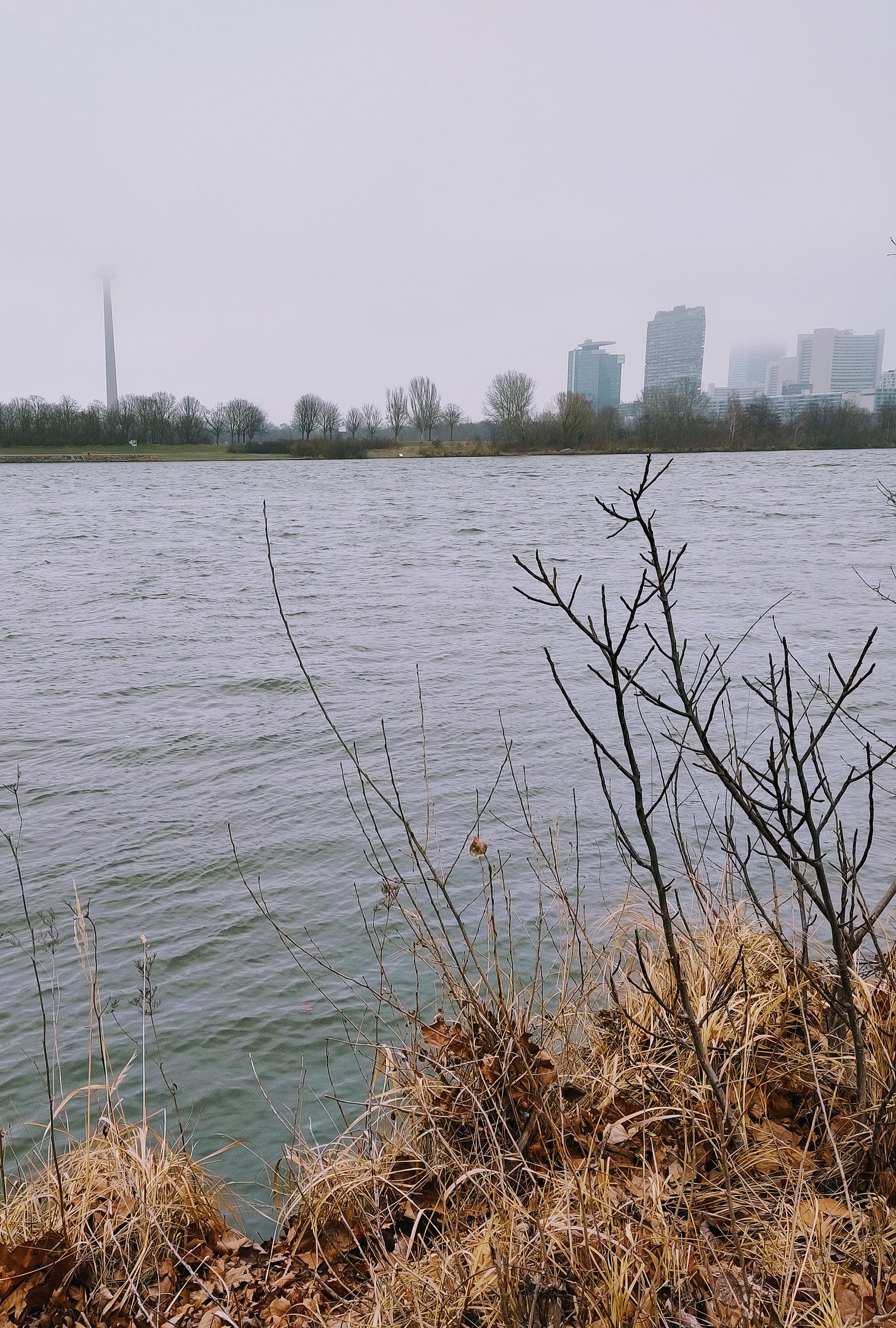The Art of Losing, Part 2
And other side effects of chronic illness

Mastering the art of losing, Part 2
In Part 1 of “Mastering the Art of Losing”, I wrote about a new perspective on loss I have gained from a life with chronic illnesses. About the way one’s life declutters itself, and what remains is an essence (ideally) that make up the why of a life. Over the holidays and the start of the new year, this idea of losing has stayed with me, and while letting my mind roam freely (always risky), new insights came to light that I want to share and make sense of in Part 2.
Relationships
The loss of relationships on any chronic illness journey is, to me, one of the most heartbreaking aspects of this whole hellscape. It is also one of the main topics in support groups. Losing people along the way is, unfortunately, all but inevitable. For some, the all-encompassing nature of chronic illness and its accompanying limitations are difficult to fathom.
I might “look good” to the outside world when I meet up with somebody. However, the invisible labor behind it includes:
a well-timed and planned-ahead shower - the night before, never the day of - a lesson I learned the hard way;
more rest on the days ahead of said meeting;
probably wearing at least half of my home outfit in the world outside - usually a T-shirt and no bra;
I tend to put on different pants, but not always;
bringing at least a small backpack with: water or tea; snacks; some meds; tissues; noise-canceling headphones; cough drops and chewing gum; an extra layer to add or the space to take off clothing if I feel too hot; masks; hand sanitizer.
And: a plan on how to get there, an idea of how long I can stay (usually 1.5 hours), a plan to get back home, and the knowledge that there will be food at home I can eat as soon as I return.
Then, it’s time to lie down.
The amount of time and thought that goes into the planning stage might seem excessive; however, it is crucial to be able to enjoy seeing a friend and to know I won’t immediately crash after.
crash = a crash of energy and a worsening of symptoms; can happen after physical, cognitive, or emotional activities that exceed a person’s personal limit, e.g. taking a shower, reading a book, or socializing
Maintaining relationships is consequently challenging, and after a lifetime of frequently being the one to reach out, to keep in touch, to be more active, my sudden passive role can be a shock to whole relationship systems. The impacted relationships that withered along the way, I continue to grief. A few might transform, others will end. Some days it’s easier, other days it completely knocks me off my feet.
As an ever (or rather, mostly) hopeful person, I still make plans to meet people, to do things, and get out of my apartment. For instance, in December, I had planned on seeing a friend in the late afternoon before joining a new book club. I was excited about the possibility of talking to someone (instead of Luna, poor thing, or myself) and discuss a novel with others, something I hadn’t done in ages. I was careful with my tiny pockets of energy throughout the day, planned to rest the following day. Still, my symptoms intervened, and I had to cancel all of my plans, apologize profusely, and grieve another lost opportunity, like I had done so many times before.
My health and well-being are my priority, especially after experiencing a number of crashes; some small, some so big I still haven’t recovered.
Trust
The last 18 months have shook my trust in myself (more on that in the future), institutions, and the idea of community care to the core.
Institutions
First and foremost: our health care system. While I was never naive enough to think that it was perfect, or even great, having been thrown into the arms of the medical system lay bare shocking truths. Gender still plays a ridiculously important role in whether you are taken seriously. Many studies at this point have proven that Long Covid is not psychosomatic, yet too many doctors still write off the lists of dozens of symptoms as having to do merely with one’s mental state. As a woman, there’s an even higher tendency to call it hysteria. Oops, nope, that was the go-to diagnosis for women from around 1900 BC (thanks, Ancient Egyptians, for the idea of the wandering uterus) until not too long ago. Fun fact: Thanks to my fellow countryman, good ‘ole Sigmund - gender equality! Freud found that men can also suffer from hysteria.
So-called “invisible” illnesses (a misnomer, really), like Long Covid or ME/CFS, are, well, harder to test for because they don’t display clear biomarkers that doctors find in other diseases, for example cancer or multiple sclerosis. And, in the case of Austria (and pretty much all other countries, from what I’ve gathered), physicians’ knowledge of many post-viral maladies is limited at best, if they are aware of their existence at all. What does this mean? In the majority of cases, a patient will visit a doctor’s office, present one’s list of symptoms, and not be diagnosed with, say ME/CFS for an average of 12 years! Twelve years. That’s 144 months or 624 weeks.
I have been there, and in many ways, I still am. Part of the difficulty of a diagnosis is that, because of a lack of a biomarker I could be tested for, I get tested to rule out a lot of other diagnoses and to check what remains for a possible diagnosis in the future. Along the way, I try different forms of treatments to see if they work for me. Because each affected person’s symptoms, medical history, and success of treatment(s) is, well, quite unique. The neurologist I have been seeing - in a private practice, which is the case for all experts on Long Covid/post-infectious diseases in my country - is the first doctor where I have felt heard, including my list of dozens of symptoms, and seen.
Most of the advances in Long Covid research and care since the beginning of the Covid19 pandemic are driven by a massive community of affected persons. Online groups dominate; no one has the energy to actually meet up somewhere. In these groups, individuals share what has helped them, treatments they have tried, new research that is being published. We listen to each other’s stories, hardships, losses, and successes. We console and cheer each other on. If it weren’t for these communities and the wonderful people dedicated to advocacy, I don’t know how I would be doing right now. In addition, without my therapist’s knowledge and input on the developments and essential strategies for my set of chronic conditions, I would still be completely ignorant about what matters, like pacing.
Pacing is an “activity management” strategy, which requires people to carefully limit their daily activities, reduce their energy expenditure and track their symptoms. (The Washington Post, Jan. 16, 2023)
As the Washington Post article further clarifies, while pacing is crucial to improve people’s quality of life, it always comes with a cost. Like not pursuing hobbies you had in the past. For me, that would be things like long-distance hiking, traveling, or reading for longer than 20-30 minutes (children and young adult books; the more complex, the shorter the reading time). Or socializing with family and friends. As I have noted earlier. Herein lies also one of the impossible decisions I, and others in the community, often face: Is it “worth” risking a possible crash to see a loved one to feel less alone? Or is it preferable to stay put, risking a worsening of one’s depression and/or anxiety? Fun choice. By the way, anxiety will probably rise no matter the decision. Loneliness can lead to more anxiety; but being in public, maybe on public transport, maybe indoors (especially during the cooler months) creates a lot of anxiety around people not wearing masks (even during times of surging numbers of Covid19 infections) and the possibility of reinfection.
Seriously.
Words that remain
Glimmers
Glimmer: a micro moment of joy, awe, hope, safety; opposite of trigger
My new heating pad for my neck and shoulders. Chronic tension says hi 🫨
Cold weather. My whole body is more at ease when it’s around 0°C ☺️🧣❄️
The smell of a freshly-brewed cup of hazelnut coffee 🥰🌰☕
A question that remains…
Have you lost trust in someone or something important? How has this affected your life? 🩷🩷🩷







